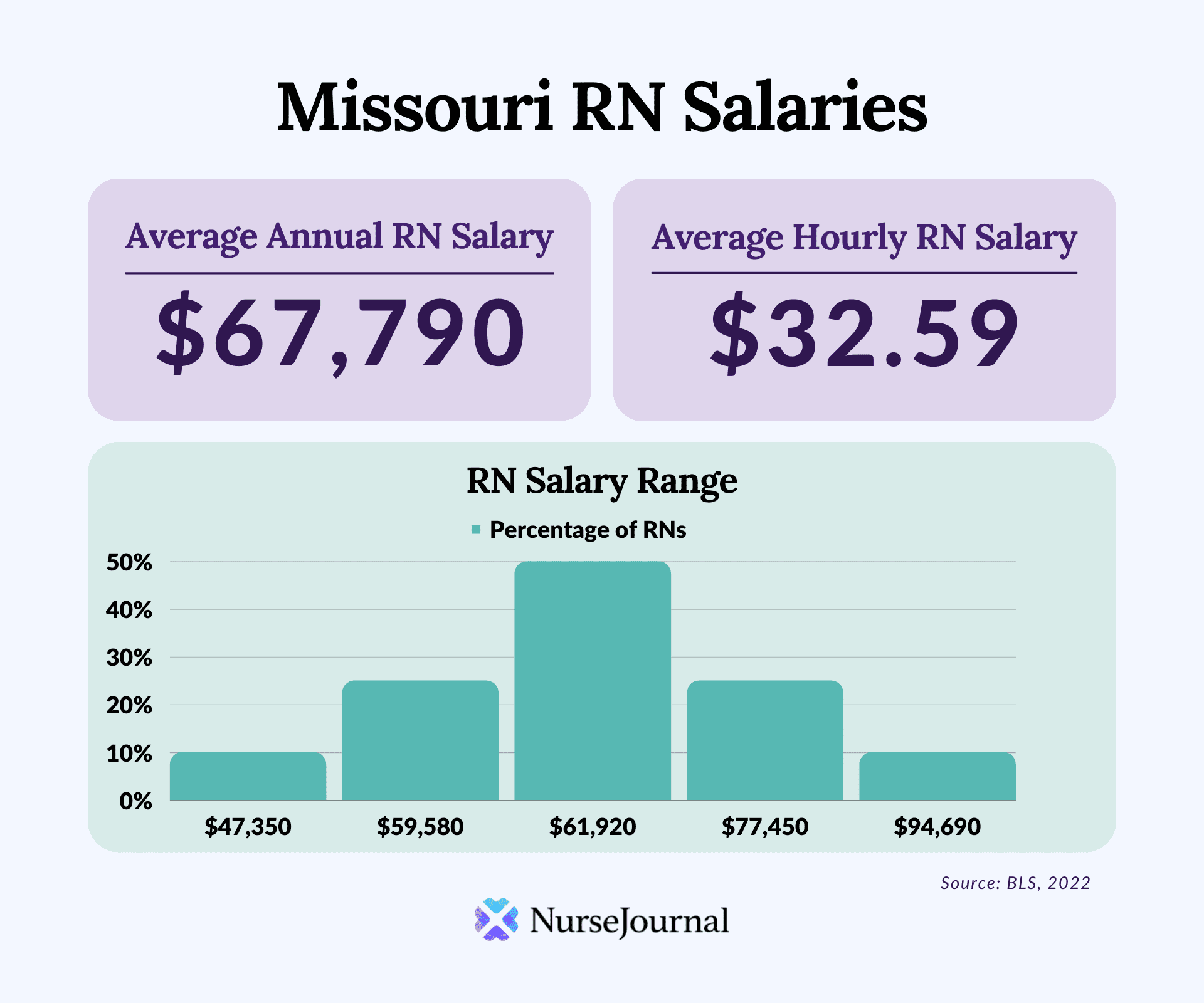A State of Diverse Opportunities
Missouri, a state rich in history and natural beauty, offers a diverse job market with a range of salary potentials. While the cost of living can vary across different regions, understanding the salary landscape is crucial for both job seekers and employers.
Industry-Specific Salaries
- Healthcare: The healthcare industry is a major employer in Missouri, particularly in urban areas like St. Louis and Kansas City. Hospitals, clinics, and medical research facilities offer a wide range of job opportunities, from frontline healthcare workers to specialized medical professionals. The state’s strong emphasis on healthcare research and innovation has led to significant advancements and job growth in this sector.
- Technology: The technology sector is growing in Missouri, particularly in cities like St. Louis and Kansas City. This sector offers high-paying jobs in software development, data science, cybersecurity, artificial intelligence, and other emerging technologies. The presence of major corporations and a growing number of tech startups has created opportunities for skilled professionals.
- Manufacturing: Missouri has a strong manufacturing base, with industries such as automotive, aerospace, and agriculture playing a significant role in the state’s economy. While traditional manufacturing jobs may offer competitive wages and benefits, the state’s focus on advanced manufacturing and technology has led to increased demand for skilled workers in engineering, robotics, and automation.
- Education: Missouri’s numerous universities and colleges, including the University of Missouri system, offer a variety of job opportunities in teaching, research, and administration. These institutions often provide competitive salaries and benefits packages, especially for faculty members and researchers.
- Agriculture: Agriculture remains a significant industry in Missouri, particularly in rural areas. While traditional farming jobs may not offer high salaries, positions in agricultural technology, research, and management can be more lucrative. The state’s focus on sustainable agriculture and food production has opened up new opportunities for skilled workers.
- Finance and Insurance: The financial services industry, particularly in St. Louis and Kansas City, offers a variety of job opportunities in banking, insurance, and investment management. These roles often come with competitive salaries and benefits packages, especially for experienced professionals.
Geographic Variations in Salaries
- Urban Areas: Urban areas like St. Louis and Kansas City generally offer higher salaries due to a concentration of industries, businesses, and professional opportunities. The presence of major corporations, research institutions, and universities in these cities contributes to higher earning potential.
- Rural Areas: While rural areas in Missouri may have lower average salaries, the cost of living is often significantly lower as well. However, specialized skills and experience can still command premium wages, even in rural settings. For example, healthcare professionals in rural areas may receive higher compensation to offset the challenges of practicing in underserved communities.
Factors Influencing Salary Growth
- Education and Certifications: Advanced degrees and industry certifications can significantly boost earning potential, especially in fields like engineering, technology, and healthcare. Investing in education and training can lead to higher-paying jobs and career advancement.
- Professional Development: Continuous learning and skill acquisition are crucial for career growth and salary advancement. Staying up-to-date with industry trends, attending conferences, and pursuing additional certifications can enhance one’s marketability and earning potential.
- Networking: Building strong professional relationships can open doors to new opportunities and help individuals advance their careers. Attending industry events, joining professional organizations, and leveraging online platforms like LinkedIn can be effective strategies for networking.
- Negotiation Skills: Effective negotiation can help individuals secure higher salaries and better benefits packages. It’s important to research industry standards, understand one’s value, and confidently advocate for fair compensation.
- Flexibility: Remote work and freelance opportunities can offer additional income streams and career flexibility, especially in technology and creative fields. The ability to work remotely can allow individuals to take advantage of higher-paying jobs in other regions or start their own businesses.
By understanding the nuances of Missouri’s salary landscape and leveraging the available resources, individuals can make informed career decisions and work towards achieving their financial goals.




